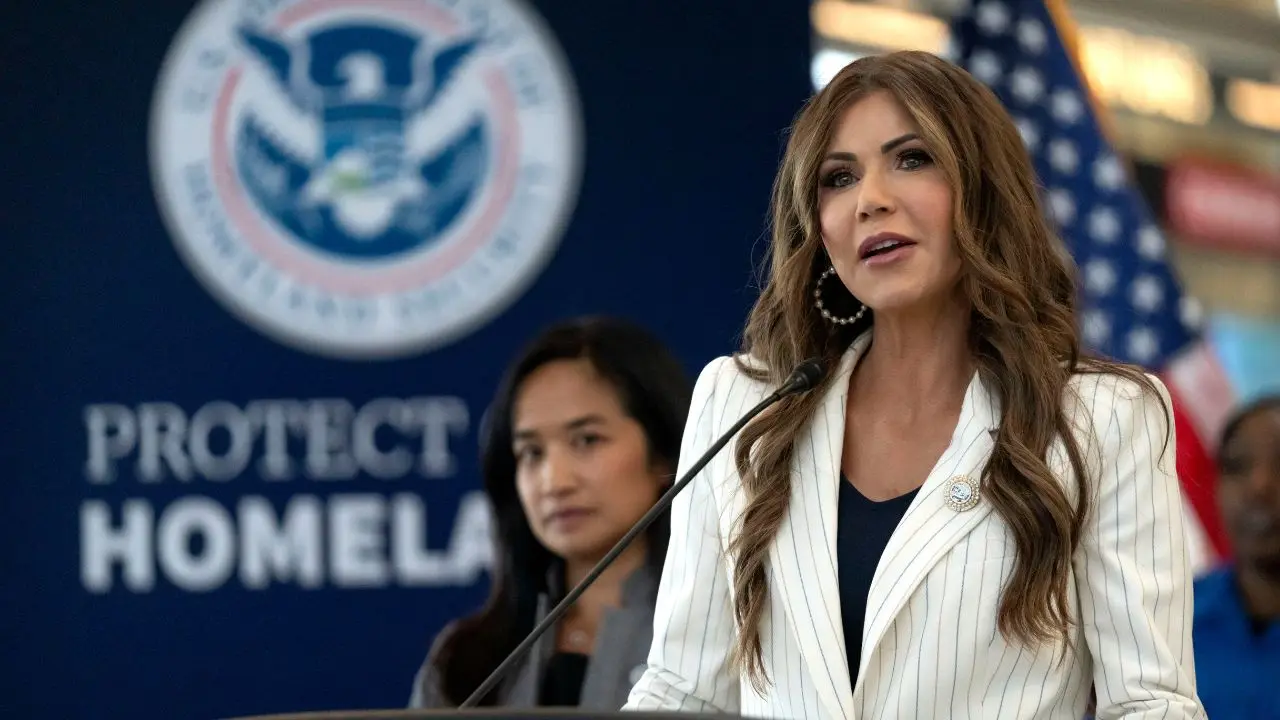When we speak about our altering environment, numerous start with concentrate on carbon emissions from cars and trucks, factories, and power plants. However another impressive chauffeur of increasing international temperature levels is concealing in plain sight: the beef on our plates. As the 30th United Nations Environment Modification Conference, COP30, approaches in Brazil, international attention is as soon as again turning towards vibrant environment options. And among the most transformative chances lies within the agribusiness sector of the host nation itself.
Brazilian beef is accountable for almost 25% of overall tropical environment loss each year. As international need for beef increases, so too does the pressure to transform native forests– specifically in the Amazon– into pastureland. This logging threatens among the most biodiverse communities in the world. It’s likewise launching enormous world warming emissions into the environment, endangering not just our precarious environment, however likewise Brazilian farming performance and international food security.
However there is hope– and it’s originating from within Brazil itself.
In 2023 the state of Pará, situated on the eastern edge of the Amazon, released an innovative effort that might alter the trajectory of livestock production in the area. With assistance from The Nature Conservancy and a union of civil society and economic sector leaders, Pará presented Brazil’s very first obligatory livestock traceability program with ecological requirements.
More than an administrative checkbox, it’s a strong action towards changing the livestock market from a motorist of logging into a force for preservation and financial development.
Why Traceability Matters
Livestock traceability implies tracking each animal from birth to massacre, consisting of where it was raised and how the land was handled. This level of openness is crucial for imposing ecological guidelines. When manufacturers understand their livestock can be traced back to deforested land, they have a strong reward to abide by preservation laws– or run the risk of being eliminated of the marketplace.
Significantly, traceability empowers business and financiers to determine and get rid of logging from their supply chains. It moves market rewards far from environment damage and towards clever, sustainable land usage. In other words, it lines up financial interests with ecological stewardship.
A Win for the Environment– and the Economy
The ecological advantages of traceability are clear. However what’s similarly interesting is the financial chance it produces.
A current research study by Bain & & Business and The Nature Conservancy discovered that the Pará program might stimulate almost 50% development in the livestock market. That’s since traceability opens doors to exceptional markets that require deforestation-free beef. It likewise enhances farm-level performance by motivating much better land management practices and offering smallholder farmers with access to brand-new tools and innovations.
Significant gamers in the beef supply chain are currently taking notification. Meatpacking huge JBS has actually released pilot programs lined up with Pará’s requirements and strategies to scale up in the coming year. And in April, Carrefour, the highest-earning grocery store chain in Brazil, signed up with meatpackers in signing a declaration of assistance for the Pará Sustainable Livestock Program.
This type of management sends out an effective signal: the marketplace is prepared for deforestation-free beef.
RIO BRANCO, ACRE STATE, BRAZIL – 6/18/2024: Amazon logging for livestock ranching shown by a recently cleared pasture dotted with white livestock versus a background of undamaged yet threatened rain forest. This highlights the intensifying improvement of main forest into grazing land, driven by agribusiness need and land-use policies. (Image by Ricardo Funari/Brazil Photos/LightRocket through Getty Images)
Brazil Photos/LightRocket through Getty Images
Altering the Story
For too long, the international discussion around preservation and advancement has actually been framed as a zero-sum video game. Securing forests, we’re informed, comes at the expenditure of financial development. However the Pará effort turns that story on its head.
By leaning into business chances produced by ecological guidelines, business acquire a first-mover benefit in protecting durable, sustainable supply chains. They fulfill increasing customer need for ethical items, unlock brand-new trade chances in markets that limit deforestation-linked imports, and make significant development towards their own environment and nature dedications.
That is excellent policy, however it likewise is clever company.
A Design for the World
The success of the Pará program might have causal sequences far beyond Brazil. As the host of this year’s UN Environment Conference in Belém, the state has a distinct chance to display how market and preservation can work hand in hand.
However for this design to reach its complete capacity, more business should take part. Carrefour’s assistance is an appealing start, however wider adoption throughout the retail and food sectors is necessary. Federal governments, too, should contribute by producing allowing environments for traceability and imposing ecological laws.
Efforts to attend to a warming world and increased severe weather condition occasions need vibrant action on numerous fronts. However couple of interventions within the food system deal as much bang for the dollar as livestock traceability. It’s a service that attends to logging, supports rural incomes, enhances food security, and adds to stabilization of the international environment.
The Amazon is frequently called the “lungs of the Earth.” If we desire those lungs to keep breathing, we should act now. And thanks to the management of Pará and its partners, we have a plan for how to do it.
Source: Forbes.
























